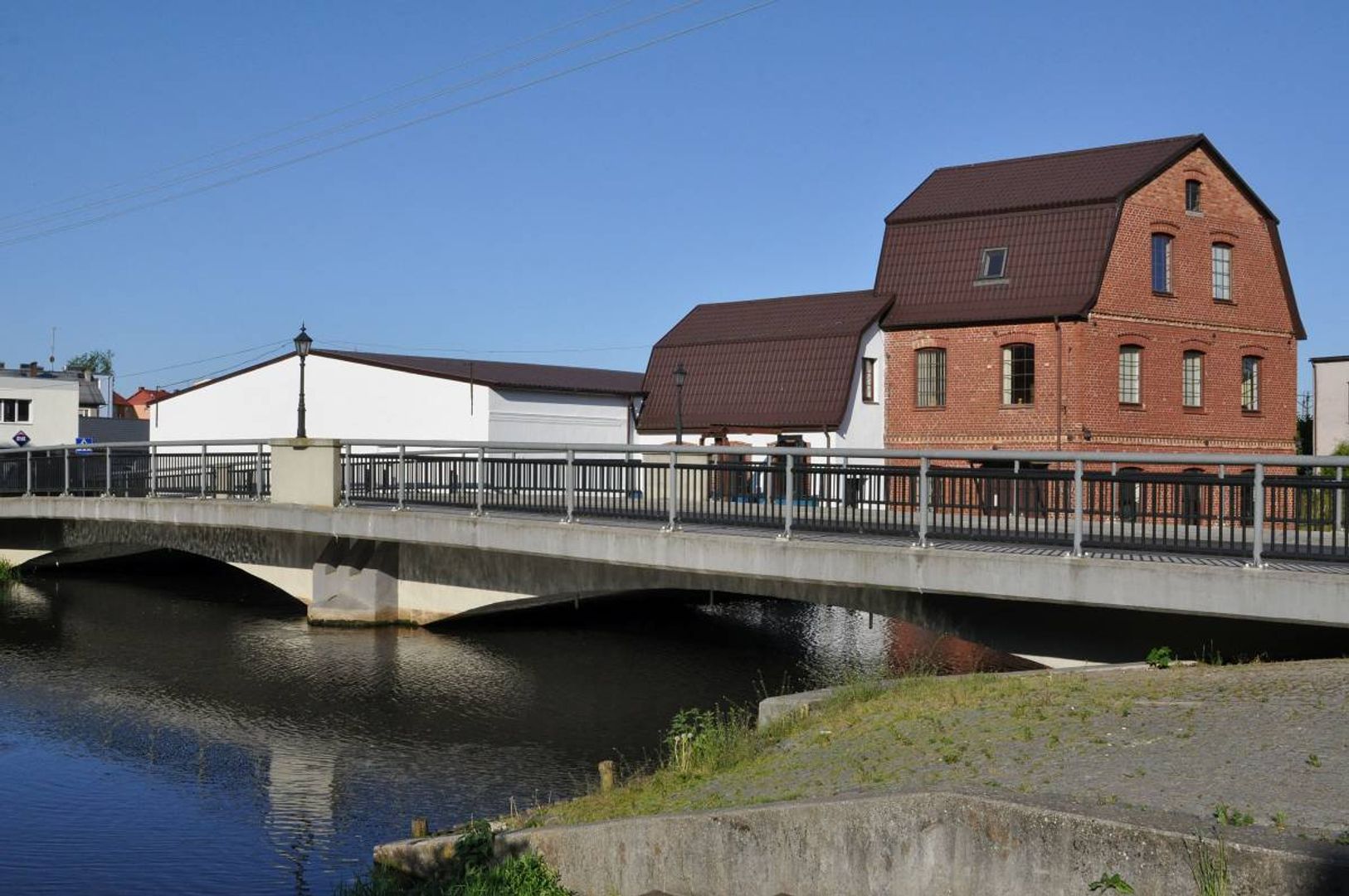Resko
6.07

Overview
Resko, known before 1945 as Regenwalde, is a town located in the West Pomeranian Voivodeship, on the Rega River. The town's history is rich; its origins date back to Slavic times, and the first mention of the settlement comes from 1255. Resko obtained town rights at the turn of the 13th and 14th centuries, along with the construction of the Gothic St. Mary's Church and defensive walls. In the 17th century, Resko passed through various invading hands, leading to significant destruction, including a great fire in 1714. The town became the property of the Borcke family and after World War II was occupied by the Red Army, which brought it a new name and transfer to Poland.
Architecturally, despite the destruction, significant monuments have survived in Resko, such as the Gothic church, the 19th-century town hall, and the ruins of the castle, which was originally wooden and reconstructed in stone in the 14th century. The town hall, built in the classicist style in 1841, features a distinctive silhouette with a turret. The town also boasts the obelisk of Karl Sprengel, a historic hydroelectric plant, and the Municipal Park, which is an important element of the local landscape.
Culturally, Resko serves as a service center for the region, supporting agriculture and local industry, mainly food and timber. The local community has been enlivened by various events and initiatives, and since 2002 the town has been part of the Łobez County administratively.
An interesting fact is that between 1939 and 1945, a secret organization called the Polish Army of Uprising operated in Resko, conducting partisan activities. Despite significant war losses, the town was rebuilt, and after 1945 it underwent transformation, including the separation of part of its territory to form the village of Policko in 1968. Resko is also the birthplace of Bartosz Arłukowicz, a Polish politician. Today, Resko is a town with developing infrastructure, where elections for local municipal councils and parliament are held.
Location
2026 Wizytor | All Rights Reserved